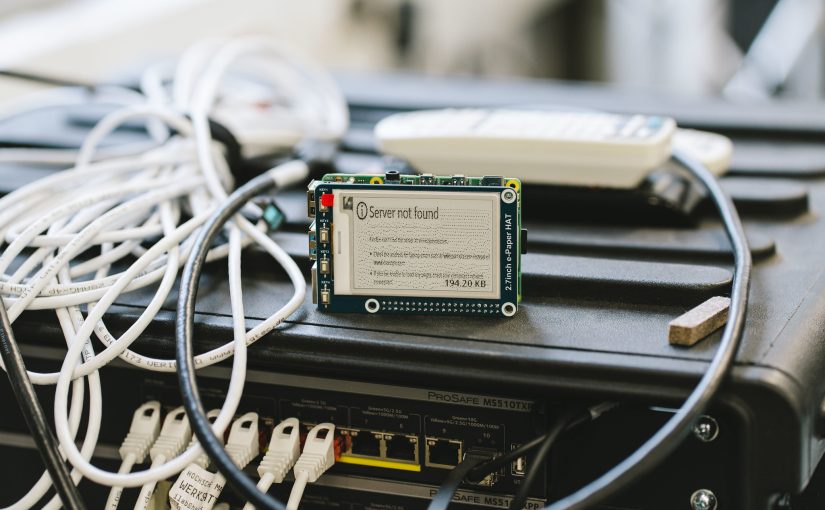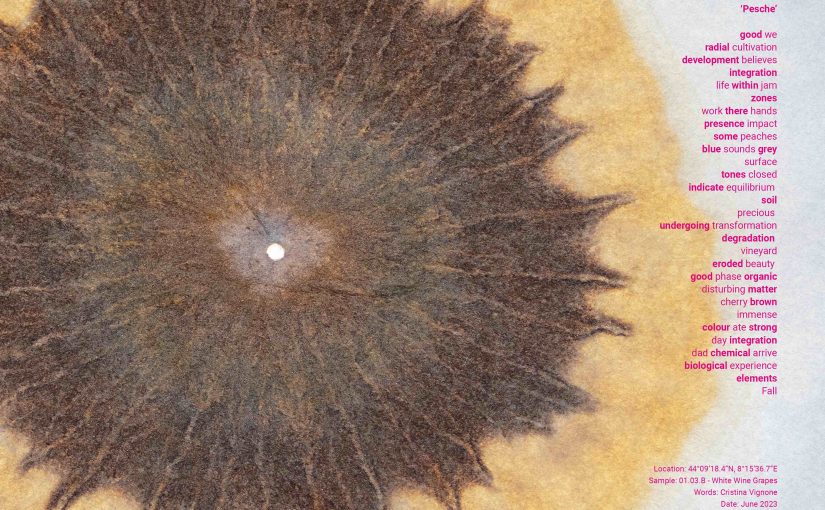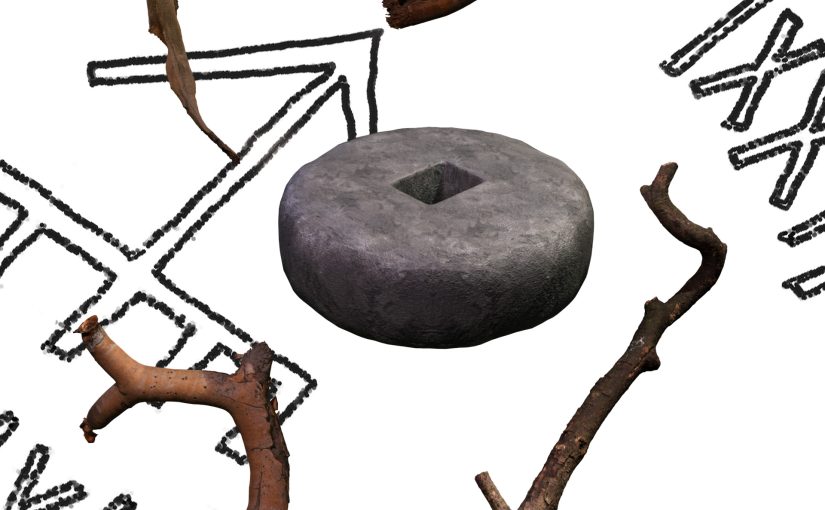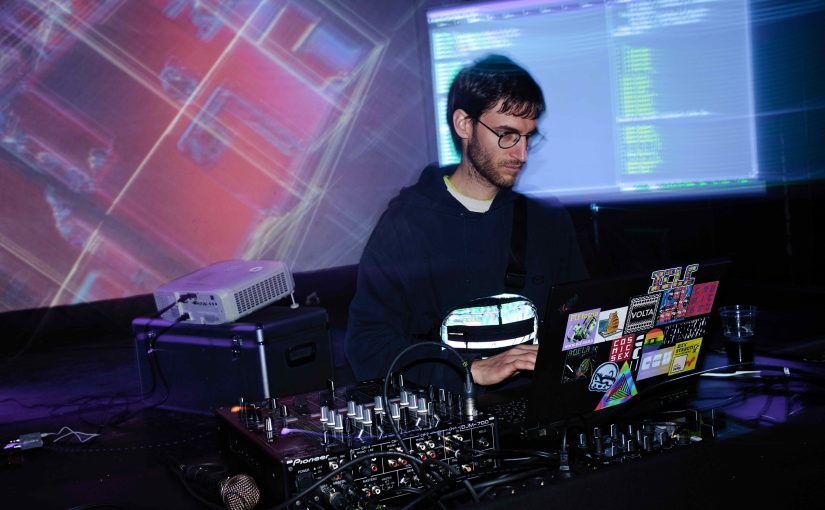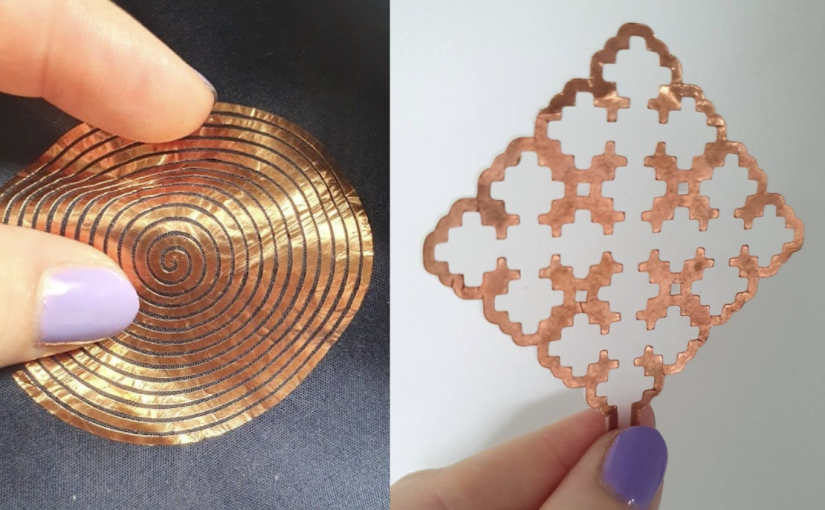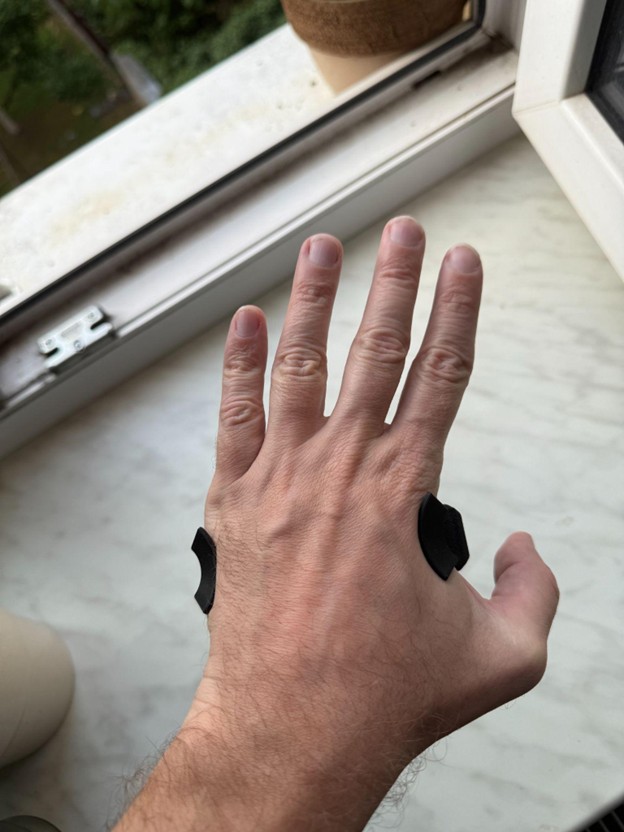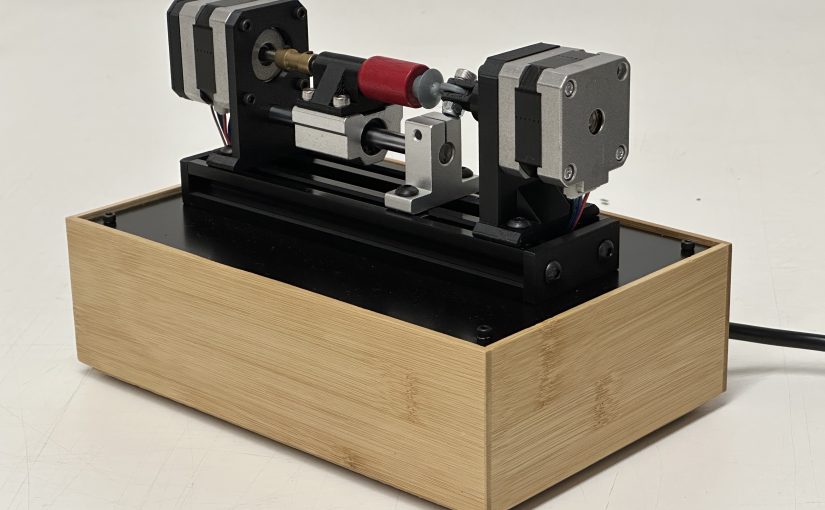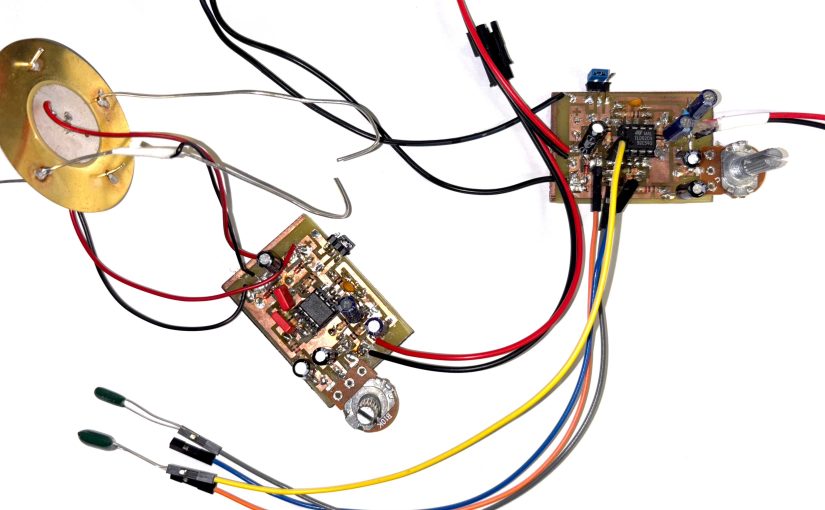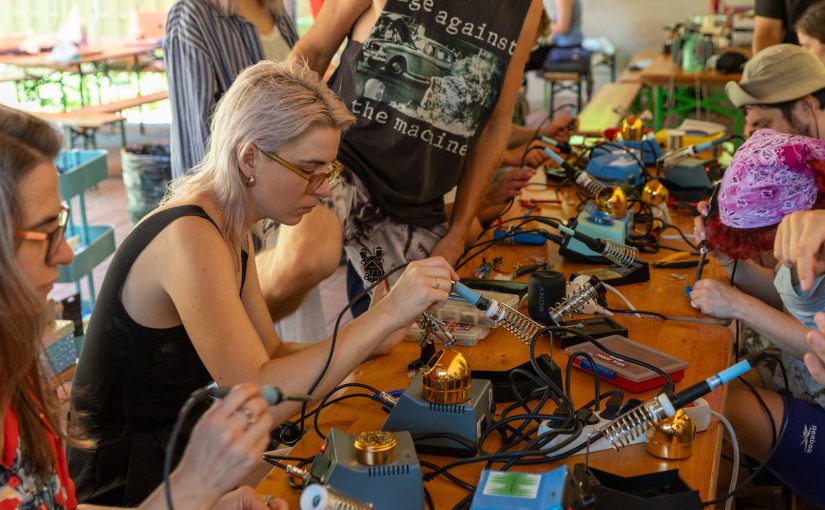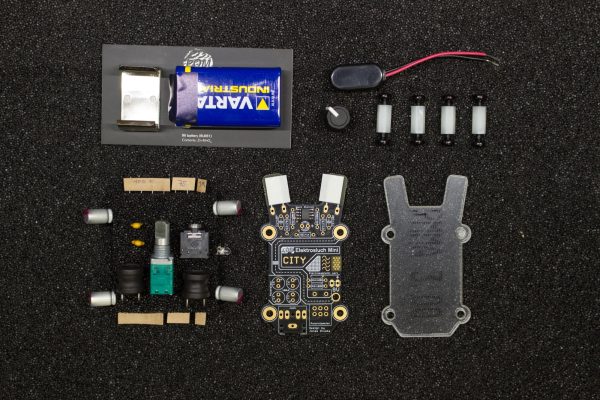Offline Network Practice is a software art project and experimental network developed by Aleksander Roidl. It explores how digital culture can be shared, preserved, and experienced without relying on the commercial internet, shaped by proximity, loss, and care.
The project is built from a series of Raspberry Pi nodes with e-ink displays and local storage, linked together through a portable router or temporary mesh. Together, they form an autonomous, offline-capable network. Each node functions as a minimal archive: hosting and serving fragments of digital media—net art, executable code, digital zines, obsolete software, lost documentation, personal folders, or collective research.
These archives are not online. They appear in specific places—public spaces, temporary gatherings, kitchens, bathrooms—where visitors must be physically present to access them. The e-ink displays offer slow, quiet, and persistent interfaces, showing poetic messages, system states, or hints of what is stored within each node. The network is intentionally unstable: it may fragment, go offline, or intermittently reconnect to exchange data with other nodes.
The project asks:
What remains when the connection breaks?
What happens when the network itself becomes ephemeral, partial, or silent?
How do we engage with websites, code, and digital traces that don’t rely on the internet to exist?
In this context, a website becomes something else entirely:
Not a live feed, but a local artifact.
Not a destination, but a file passed hand-to-hand.
Not dynamic, but static, defined by its last sync.
These offline websites may load slowly, incompletely, or with deliberate friction. They may include broken links, missing images, or blank spaces where once there was connection. And they point toward alternative, embodied modes of digital circulation that embrace presence, imperfection, and disappearance.
